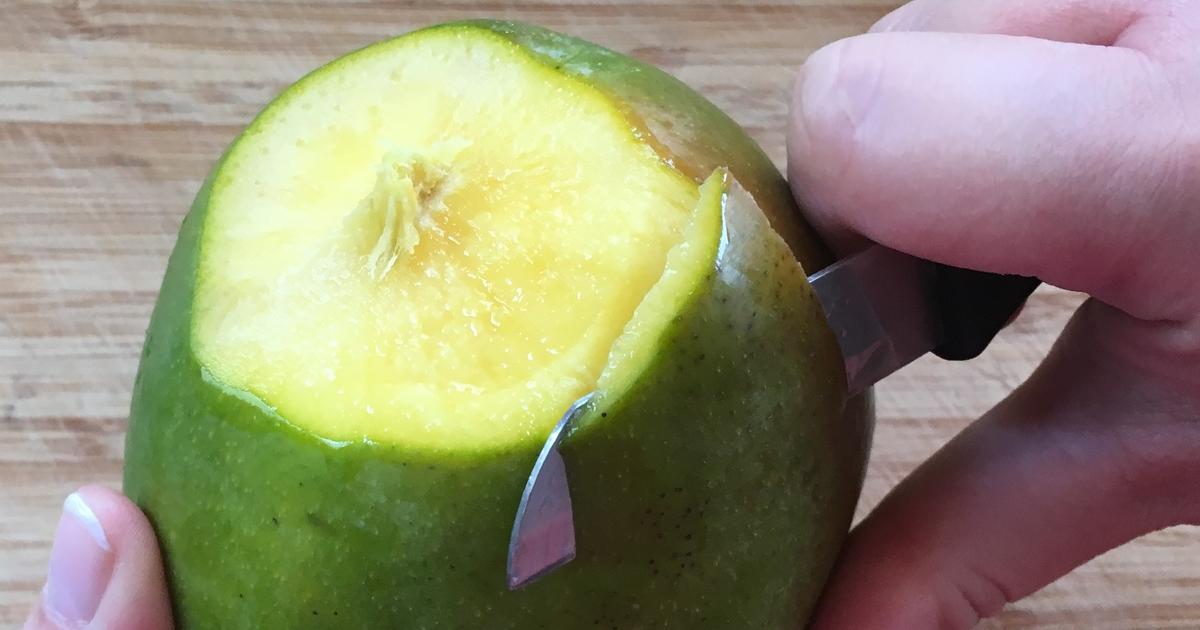The Irritable Bowel Syndrome (IBS) Diet Guide
Irritable bowel syndrome (IBS) refers to a cluster of symptoms that affect the large intestine, including abdominal pain, bloating, diarrhea, constipation, and an increase in flatulence. Patients with IBS experience these symptoms regularly, and the symptoms occur without any signs of disease or visual damage to the digestive tract itself. Irritable bowel syndrome is especially common among women under fifty years old, and patients with mental health conditions such as anxiety or depression are also more likely to develop it.
To diagnose IBS, doctors perform a physical examination, and some patients may need to have a blood test for celiac disease. After ruling out other possible causes for the patient's symptoms, doctors may rely on the Rome or Manning criteria to diagnose this syndrome. Treatment options for IBS include dietary changes and the use of laxatives or fiber supplements. Anticholinergic medicines might be prescribed to reduce bowel spasms, and newer medicines such as linaclotide, alosetron, and eluxadoline have been specifically designed for irritable bowel syndrome treatment.
Most doctors recommend significant dietary alterations to help patients manage the symptoms of IBS. The dietary guidelines outlined below are among the most frequently recommended changes.
Cook All Vegetables
Although vegetables are an important part of a healthy diet for patients with irritable bowel syndrome, doctors and nutritionists typically recommend these patients cook all the vegetables they eat. Anecdotal evidence suggests consuming raw vegetables could exacerbate IBS symptoms, resulting in more severe abdominal pain and an increase in bloating, constipation, and diarrhea. Raw foods are more difficult to digest, and some experts believe consuming raw vegetables may lead patients to naturally consume a larger volume of vegetables than they might eat if the vegetables were cooked.
Other researchers note some of the most popular vegetables used in raw salads, including mushrooms, snow peas, celery, and onions, are considered high-FODMAP (Fermentable Oligo-, Di-, Mono-saccharides, and Polyols) foods. These foods are poorly absorbed by the intestines, and they are recognized as triggers for irritable bowel syndrome symptoms. Regardless of the vegetables a patient chooses, cooking a vegetable will make it much easier for the body to digest. Patients might want to experiment with different cooked vegetables in their diets to see how they respond.
Uncover more tips for devising a diet for irritable bowel syndrome now.
Consume Fruit Without Skins

Fruit skins contain insoluble fiber, which does not dissolve in water and is difficult to digest, so it remains mostly intact as it passes through the digestive system. Insoluble fiber makes stools bulkier, and it enables waste to pass through the bowels quickly. Eating too much insoluble fiber could worsen symptoms of diarrhea, so IBS patients who have diarrhea as one of their symptoms are often advised to consume fruit without skins. Since vegetable skins also contain insoluble fiber, individuals struggling to manage their irritable bowel syndrome symptoms may want to peel all of their fruits and vegetables. Fruits such as bananas may be helpful for patients with IBS. Some patients have reported problems with digesting melons, citrus fruits, and apples.
Keep reading to learn more about how diet can help with irritable bowel syndrome now.
